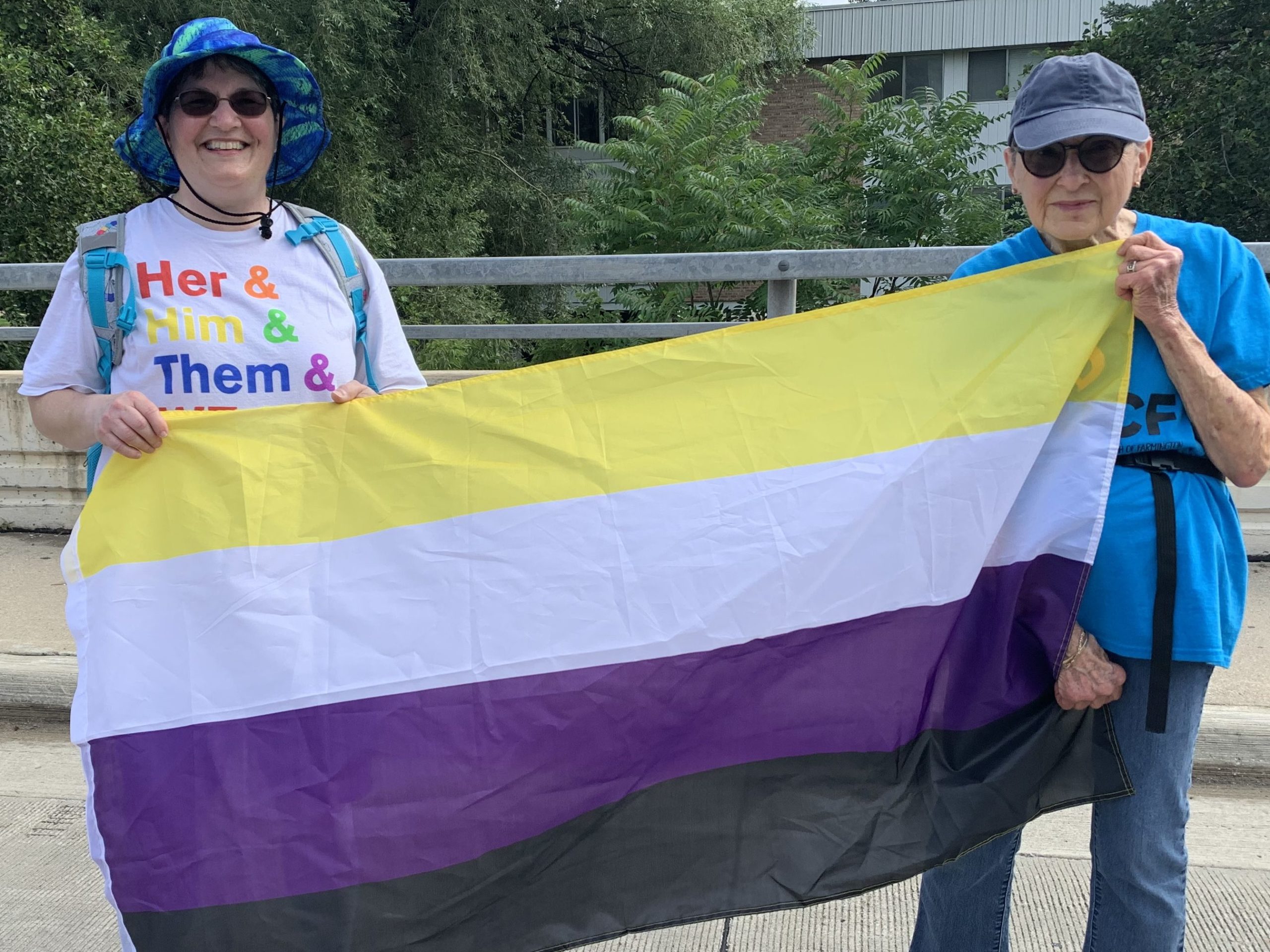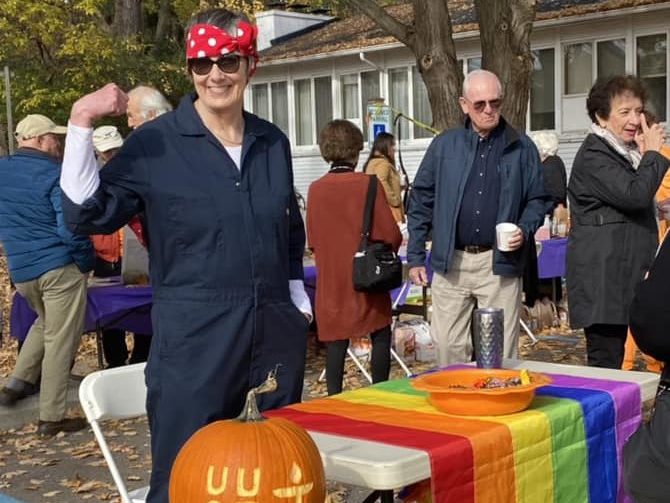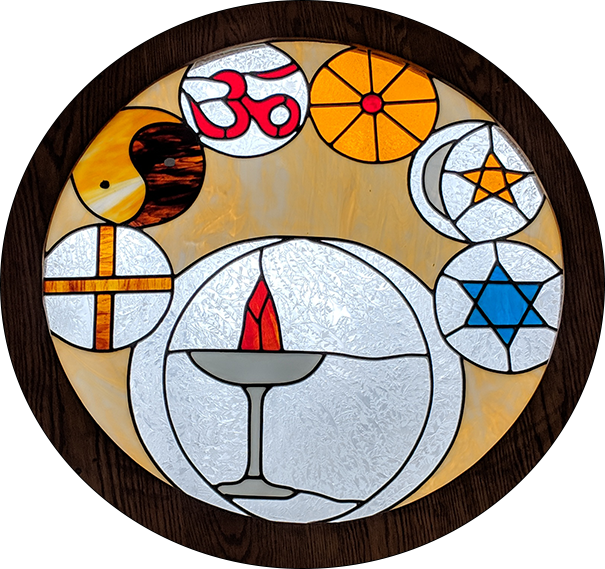We know that religious spaces haven’t always been welcoming places for all people, especially when it comes to gender and sexuality. Unitarian Universalists are out to change that.
What is a Welcoming Congregation? Simply put, a congregation who publicly and successfully welcomes bisexual, gay, lesbian and transgender people into our spiritual space.
In the 1980s & 1990s, when the word “welcoming” became a code word for lesbian, gay, and bisexual people, the Unitarian Universalist Association (UUA) launched a Welcoming Congregation Program to help us learn how to undo homophobia—and later, transphobia (prejudice against transgender people)—in our hearts and minds, our congregations, and our communities. UUCF has been a part of the Welcoming Congregation community since 2005.
But the work is never finished, as the UUA requires Welcoming Congregations to renew their commitment annually by including in their planning LGBTQ+ focused Sunday services, religious education modules, celebration of days of observance, and social justice projects in the community.
Recent actions to continue our Welcoming Congregation status include:
- Sunday Service on Trans Awareness: Ruth Ellis Center
- Sunday Service on A is for Ally: Sharon Pedersen
- Religious Education lesson on meaning behind Pride Flag colors
- Religious Education lesson on marriage equality fight
- Provided LGBTQ+ friendly Summer Youth Reading List
- Shared booth at Ferndale Pride Festival with MUUSJN
- Marched in the Farmington Founder’s Fest Parade carrying Pride & Trans flags
- Hosts an LGBTQIA+ AA group
UU of Farmington actively:
- Invites LGBTQ+ speakers to share their experiences and faith in the pulpit;
- Offers religious education for people of all ages that incorporates LGBTQ+ life issues;
- Uses inclusive language and content as a regular part of worship services;
- Celebrates & affirms LGBTQ+ issues and history during the church year;
- Maintains contact with and supports local LGBTQ+ organizations, to build relationships, and promote dialogue and interaction;
- Participates in and supports efforts to create justice, freedom, and equality for LGBTQ+ people in the larger community;
- Provides worship space & ministerial services for LBGTQ+ rites of passage, such as services of union/marriage, dedications of children, and gender-affirming ceremonies.


